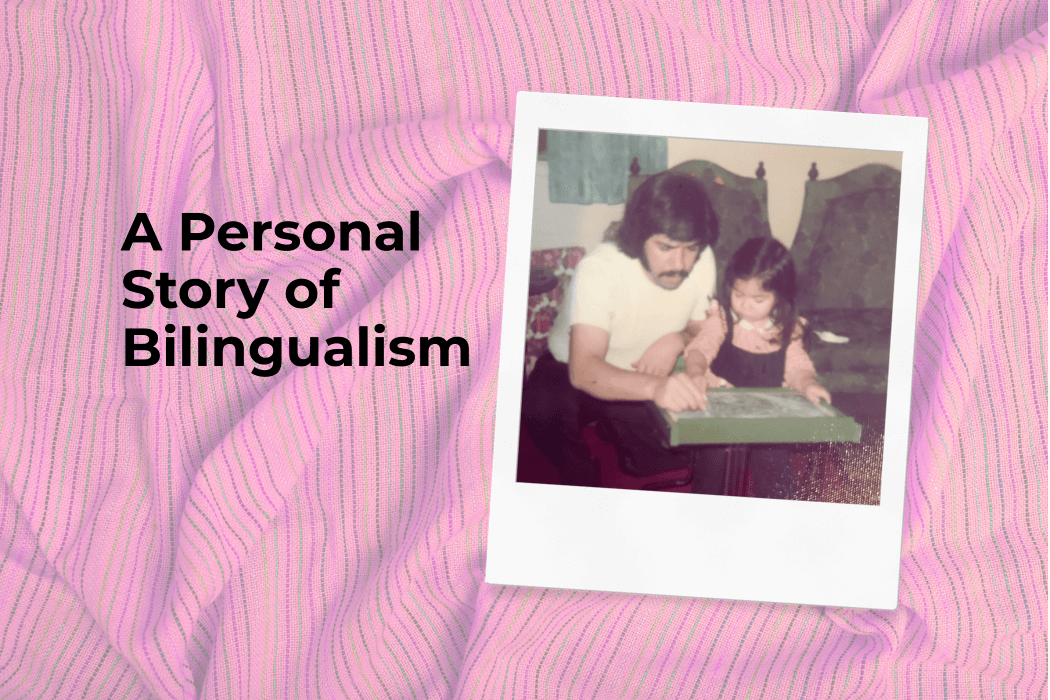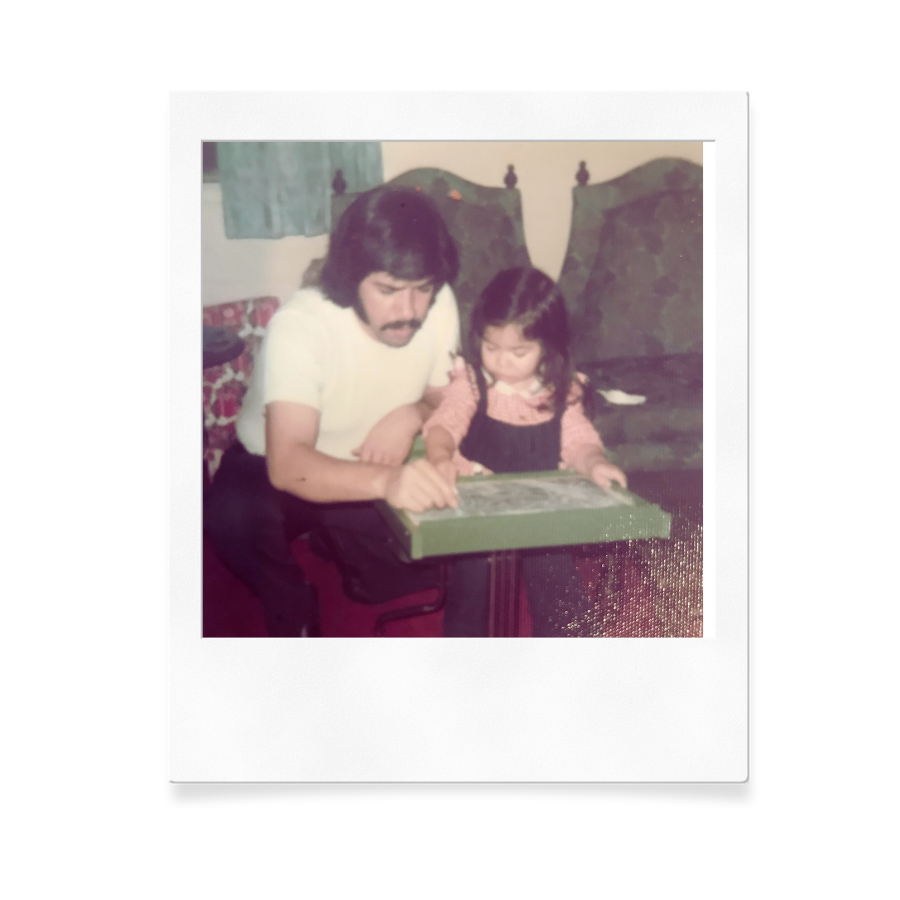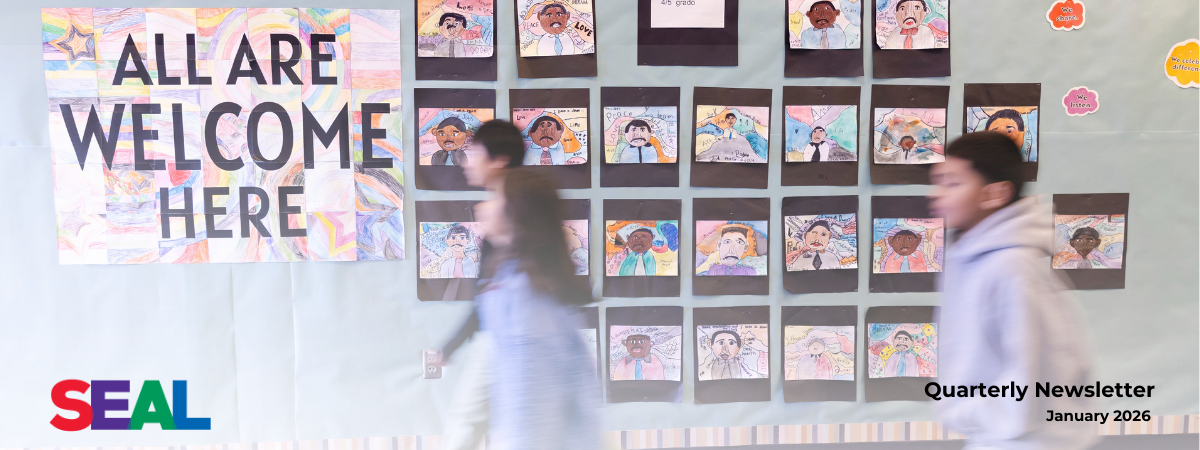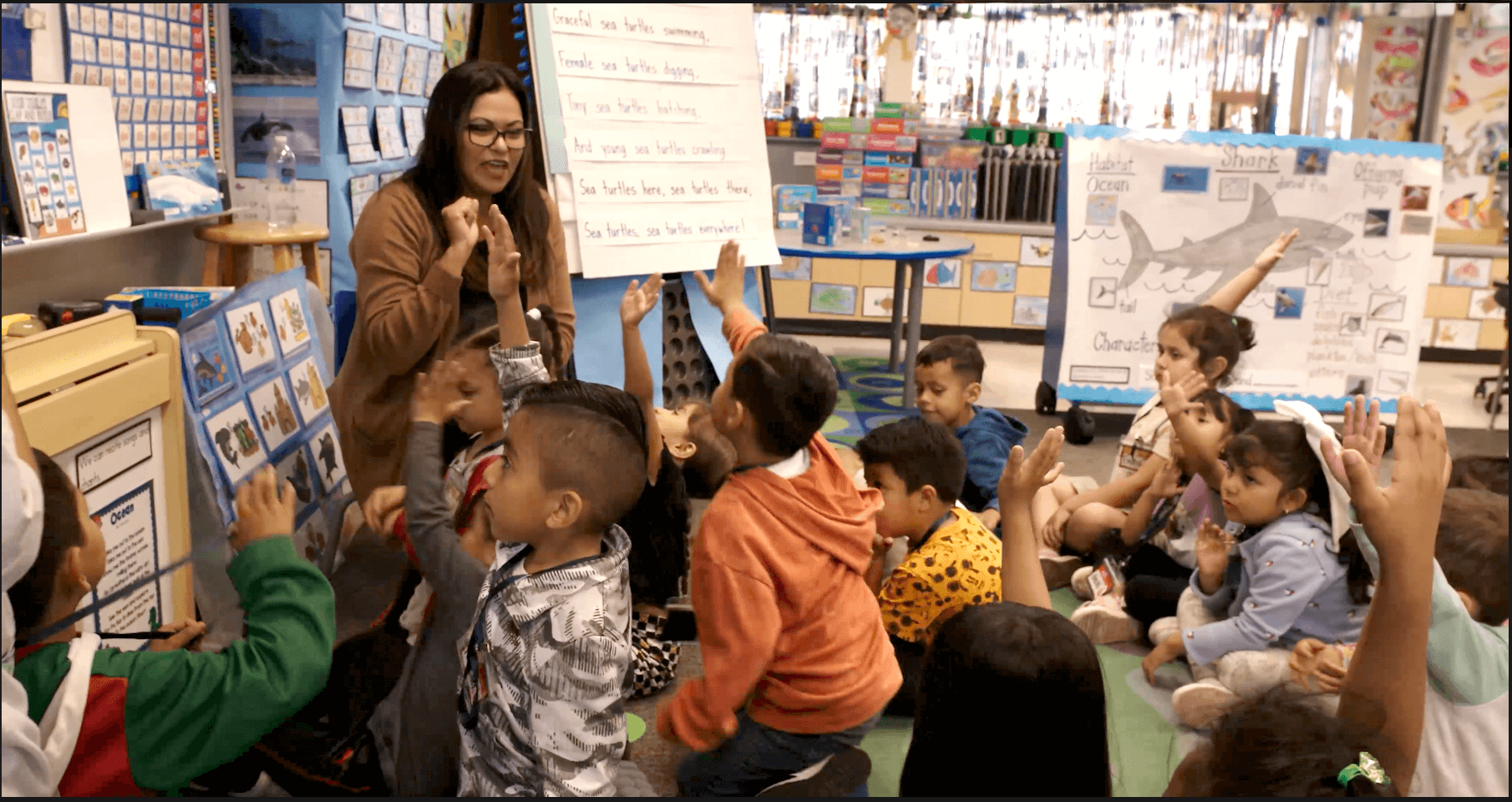
A Personal Journey of Bilingualism
During Hispanic Heritage Month — and throughout the year, SEAL invites our community to reflect on a simple but powerful question: What does your home language mean to you and how has bilingualism shaped your life?
A Personal Journey of Bilingualism
by SEAL's Patricia E Chavez
When I think about my home language, I think about my parents and my Nana — their courage, their sacrifices, and their love for our heritage. Our home was where Spanish and English danced together every day, and where words carried love, humor, history, and identity.

I Grew Up Speaking Two Languages
I grew up speaking both languages — English, the world of school and books, and Spanish, the language of home, warmth, and laughter. By kindergarten, I was already reading in both — becoming biliterate because of my parents. My mom helped us with homework every night, while my dad and Nana taught me to read in Spanish. Together, they gave me the greatest gift: the ability to move between two worlds, carrying my culture and my learning with pride.
When the Outside World Said ‘No’
But outside our home, the world wasn’t as welcoming. In the 1970s, I was told at school not to speak Spanish. I still remember that feeling — confusion, shame, a sense that a part of me didn’t belong. I allowed that message to quietly shape me for many years. As I got older, I used my Spanish less and less, almost losing the very strength my family had built. Quite frankly, I gave my parents a hard time – often refusing to speak Spanish.
My parents worked hard to keep a beautiful balance. My dad, ever the scholar, read three newspapers every day — L.A. Times, the Daily News, and La Opinión. On weekends, he’d have us read articles aloud, sometimes in English, sometimes in Spanish. It wasn’t just about language — it was about thinking critically, asking questions, and seeing the world from multiple perspectives. That’s how I learned that language is power.
Unseen Brilliance and Unheard Voices
Despite his brilliance, my dad often felt insecure about his English. He was eloquent and wise in Spanish, but he carried a quiet self-doubt when it came to English. When I was little, I didn’t understand why he rarely came to school events. As an adult, I realized he didn’t want us to be looked down upon because he didn’t speak “perfect English.” He had experienced the sting of racism — of being judged for his accent, of being treated as less than — and he wanted to shield us from that pain.
That truth broke my heart.
I often wonder how many parents today carry that same weight — and how much brilliance remains unseen because of it. No parent or student should ever feel less than because of their language.
SEAL’s Mission and the Power of Bilingualism
Today, I feel so blessed to work for an organization whose mission speaks directly to that story — my story. At SEAL, we celebrate bilingualism as a strength, not a barrier. We see home language as a gift — one that deepens learning, builds identity, and connects families and communities.
To me, bilingualism isn’t just about speaking two languages. It’s about belonging and being welcomed. It’s about understanding and being understood. Our languages are intertwined, vibrant, and powerful.
Passing the Gift Forward
When my own children were growing up, dual language programs weren’t available for them. I did my best to pass on what my parents had given me — reading in Spanish, teaching songs, creating moments where both languages could live side by side.
Not so easy.
Today, I’m proud to work with SEAL, where we’re helping to create the very programs and supports I wished had existed for me and my family— so that every family can see bilingualism celebrated, not silenced.
Now, my kid's careers have them traveling the world. They continue to work on their Spanish while learning others — Japanese, Danish — meeting people from every corner of the globe, and experiencing the joy of multilingualism. I see in them the continuation of my parents’ dream: the celebration of language and the welcoming of people and cultures.
And through my work at SEAL, I see that same dream living on in classrooms across California — in students, teachers, and families who are embracing their home languages with pride and showing that bilingualism is truly a gift.
Love. Legacy. Home.
So this Hispanic Heritage Month, I honor them — my parents and my Nana — for giving me a foundation I didn’t always appreciate in my youth, but cherish deeply now.
My bilingualism is my story.
It’s love. It’s legacy. It’s home.
Beyond this month of celebration, I invite you to keep reflecting too:
What does your home language mean to you?
(Explore how SEAL supports multilingual learners through Professional Development Series and research-based bilingual education.)
Read More News from SEAL

Learn about changes in policy, up-to-date research, and unique practices to support Dual Language and Multilingual Learners. And don’t forget to sign up for our newsletter here.
%201.svg)


